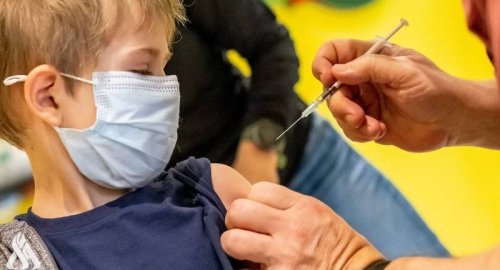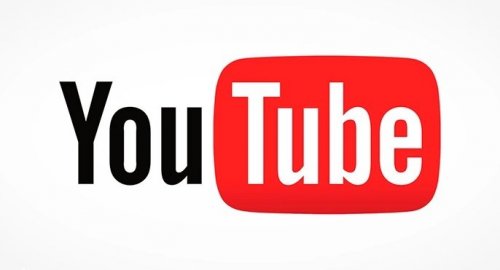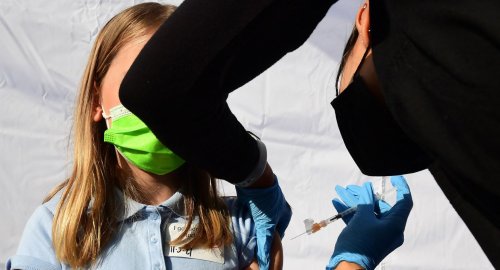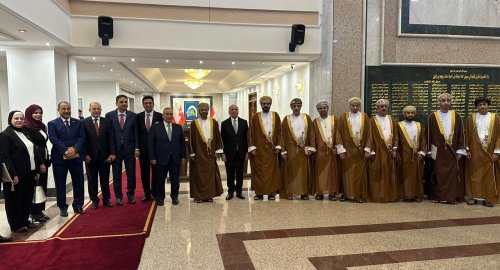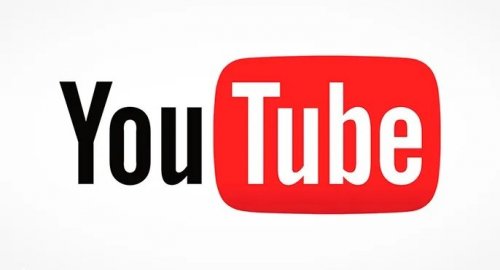
YouTube accused of collecting data on millions of children

- 2-03-2023, 08:36
INA- sources
YouTube is under investigation for allegedly collecting the data of millions of children. UK data watchdog the Information Commissioner’s Office (ICO)has opened an investigation into the video-sharing platform in what could be a landmark test for the regulator’s Age appropriate design code. Should YouTube be found to be in breach of the Children’s code, it could be fined £17.5m, or 4% of its global turnover.
YouTube, which is owned by Google’s parent company Alphabet, has responded to allegations saying it has appropriate protective measures in place for children under-13 on its children’s application YouTube Kids.
ICO opens investigation into YouTube
The ICO is investigating after a complaint by Duncan McCann, the head of accountability at the 5Rights Foundation, a charity that spearheads protective legislation for children using digital platforms.McCann, a father of four, has claimed that the streaming platform has broken newly implemented child protection laws introduced by the ICO by gathering “the location, viewing habits and preferences” of up to millions of children who use the main YouTube site
A spokesperson for YouTube has countered the accusation by explaining that the company has taken steps to bolster protection for children with stronger default settings, as well as launching a YouTube Kids application aimed at children 13 and under, which features additional data protection measures.
“We remain committed to continuing our engagement with the ICO on this priority work, and with other key stakeholders including children, parents and child protection experts,” the spokesperson said
However, McCann claims that while YouTube Kids may employ protection for children, YouTube in general does not, and this is where the company collects the illicit data. He told Radio Four’s The Today Programme that YouTube is “trying to have its cake and eat it,” as figures from communications regulator Ofcom show that huge numbers of children use the main platform to watch “loads and loads” of videos.
ICO deputy commissioner Stephen Bonner stressed in a statement that the Children’s code makes clear that children are not like adults online. “Their data needs meaningful protection, if that’s not the case, we’ll take action,” the statement reads.
Al-Sudani launches construction of North Thermal Power Plant
- politics
- 12:03
PM Al-Sudani arrives in Nineveh
- politics
- 10:17
China Says It 'Firmly Opposes' US Military Aid To Taiwan
- International
- 07:36
US Central Command: We killed ISIS terrorist leader Abu Yusuf in Syria
- International
- 24/12/20
Liverpool compete with Real Madrid to sign Olympique Lyonnais star
- Security
- 24/12/19
ISC, ADX discuss Strengthening Economic Ties
- Economy
- 24/12/16
Iraq assumes presidency of Arab Investment Company’s Executive Board
- Economy
- 24/12/17
